The Best Postpartum Books for Healing, Motherhood & Parenting

You’ve prepped for birth, but what about everything that comes after birth? Postpartum is a tricky time when you’re short on sleep, your body kind of feels like a stranger, and somehow, you’re supposed to know exactly what your baby needs. The truth is, nothing will 100 percent prepare you for postpartum. But you can […]
Top 10 Pregnancy Books Recommended by Birth Doulas
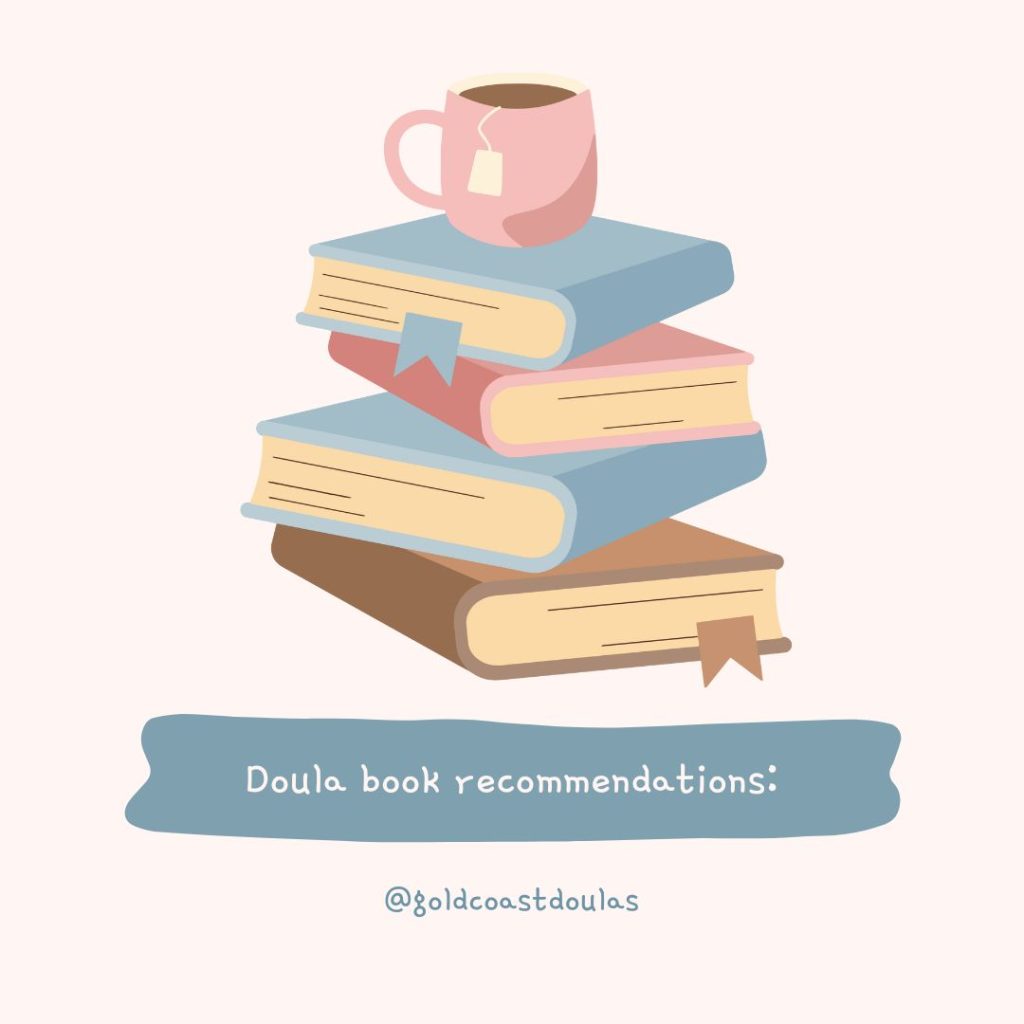
If the idea of pregnancy and birth makes you nervous, you’re not alone. For something so natural, sometimes it doesn’t feel like you know what you’re doing. And that’s okay! We weren’t meant to do this alone. Thankfully, there are some great resources out there. Our award-winning doulas at Gold Coast Doulas have rounded up […]
5 Questions Every Parent Should Ask When Hiring a Night Doula
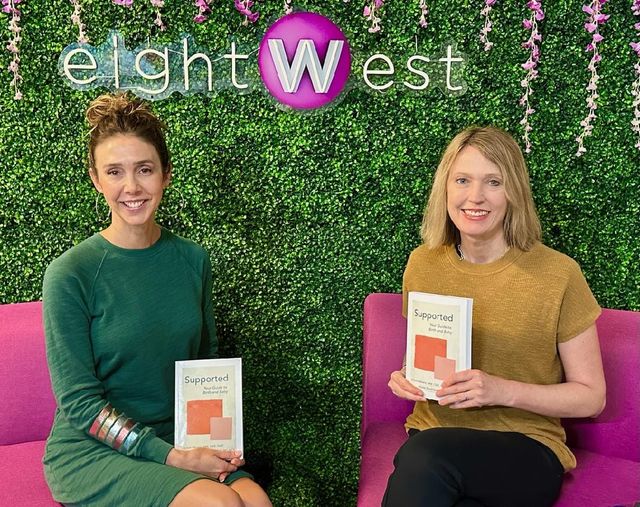
If you’re reading this, you’re probably exhausted–or preparing to be. That’s where a night doula, or an overnight postpartum doula, comes in handy. Night doulas are trained to help support the mother and baby–or babies–right after delivery and into the first year of life. They help with overnight newborn care, sleeping, breastfeeding, physical and emotional […]
2024 Reflections
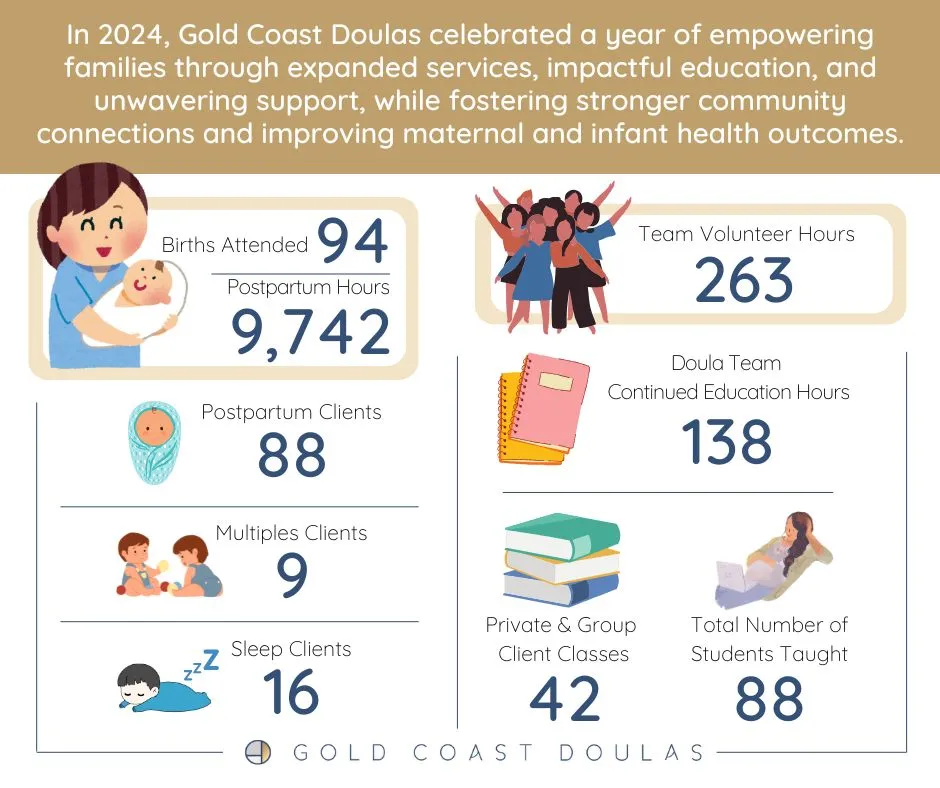
In 2024, Gold Coast Doulas celebrated a year of empowering families through expanded services, impactful education, and unwavering support, while fostering stronger community connections and improving maternal and infant health outcomes. What we did well In 2024, Gold Coast Doulas prioritized refining its operational systems and structure to fuel sustainable growth. By continuing to leverage […]
Why I Decided To Hire A Doula
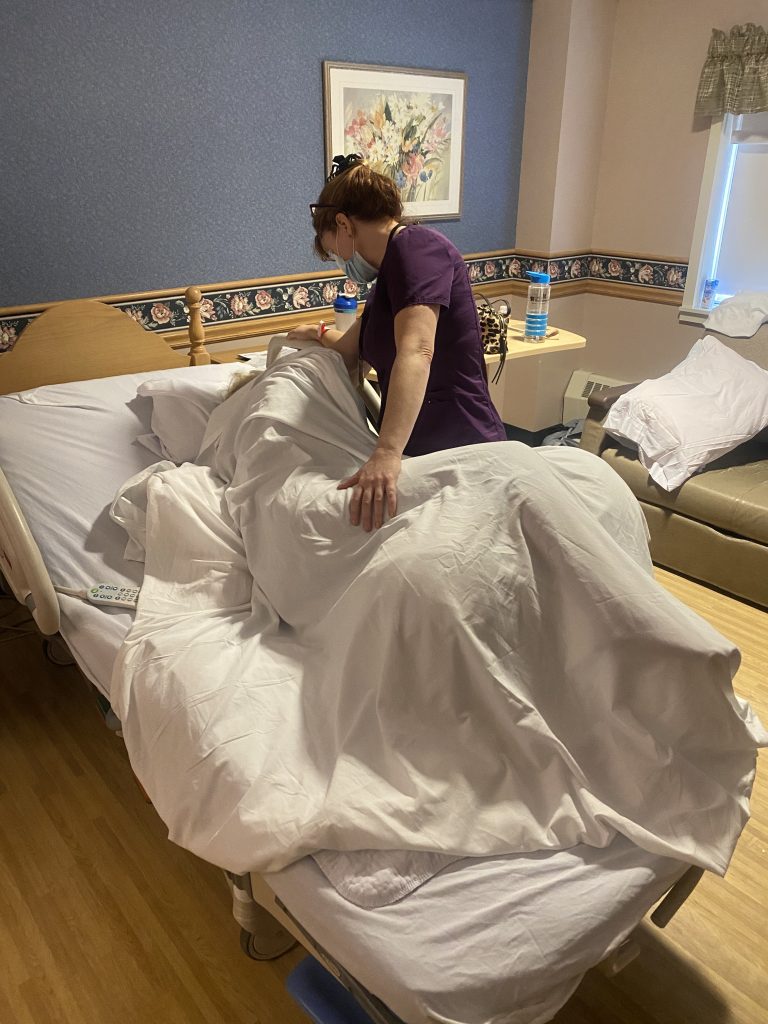
Written by Garrett Wood Kusmierz, CEO and founder of kozēkozē, a perinatal products company on a mission to reduce the mess and stress of motherhood so that moms can better bond with their babies. I want to start by saying that my situation is a little unique—not only did my doula find me but, in […]
Kristin Revere and Alyssa Veneklase Win Second Place for their book, Supported: Your Guide to Birth and Baby at the Fall 2024 The BookFest® Awards

Kristin Revere and Alyssa Veneklase are second-place winners of the Fall 2024 The BookFest Awards for the book titled Supported: Your Guide to Birth and Baby. The book is honored in the parenting category. The BookFest honors authors who create outstanding works of fiction and nonfiction. The BookFest’s mission is rooted in the belief that […]
Gold Coast Doulas Holds 9th Annual Charity Diaper Drive
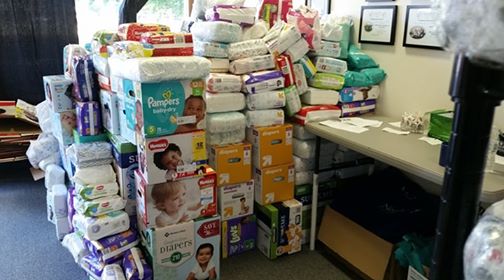
Gold Coast Doulas is holding our 9th annual Diaper Drive from September 1st to October 1st, 2024. Giving back is an important foundation of our business as a Certified B Corporation; clean diapers significantly impact the health of new families and our charitable giving focus is on supporting low-income women and children. One in two U.S. […]
Embracing the Postpartum Journey: Easy Ways to Boost Your Mental Health with Positive Psychology – Guest Blog by Elisabeth from Elle’s Corner
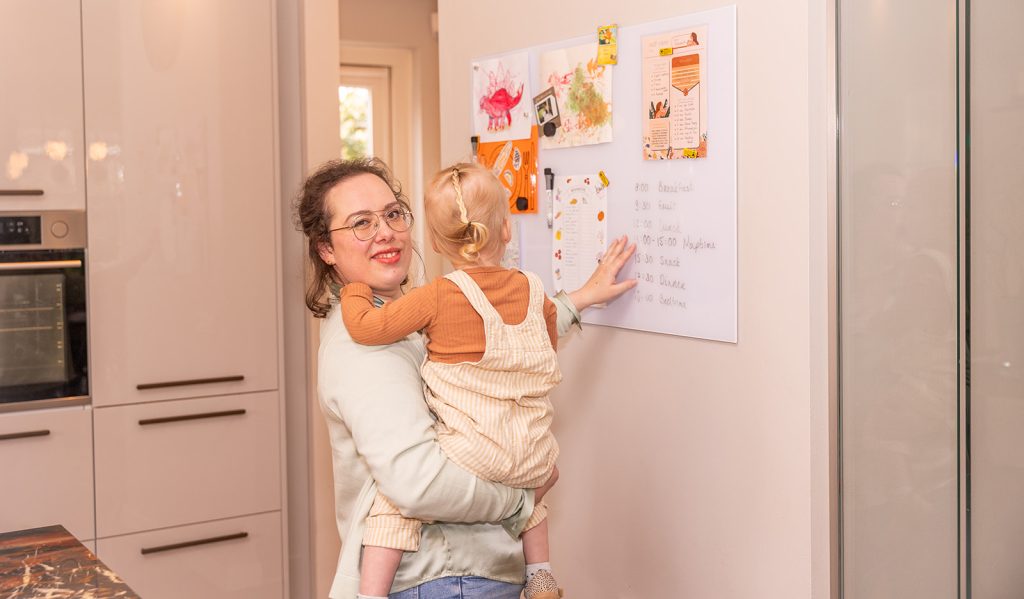
Gold Coast Doulas asked Elisabeth to guest blog on the topic of mental health during the postpartum period. Elisabeth is a certified coach and expert in maternal mental e-health, and the founder of Elle’s Corner. Elle’s Corner, specializes in maternal mental health, providing transformative online courses specifically designed for new mothers. Introduction Becoming a […]
The Importance of Support in the Pre and Postpartum Period with Kristin Revere
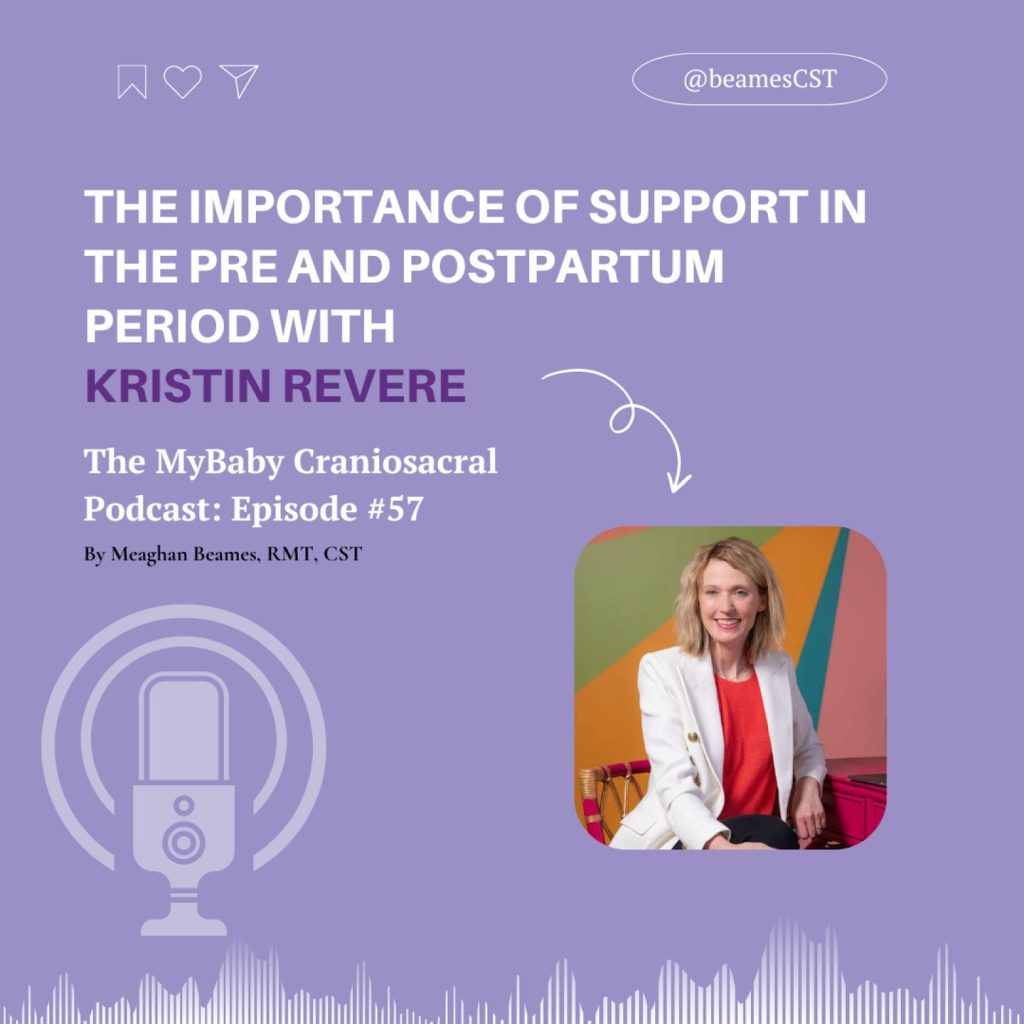
Kristin Revere and Meaghan Beames chat about support in the pre and postpartum period Meaghan is the host of The MyBaby Craniosacral Podcast. “It’s all about knowing options and building your own dream team of professionals based on however you choose to birth your baby and parent your baby.” Kristin Revere, owner of Gold Coast Doulas, […]
5 Things to Know About Surrogacy – Guest Blog by Jessie Jaskulsky
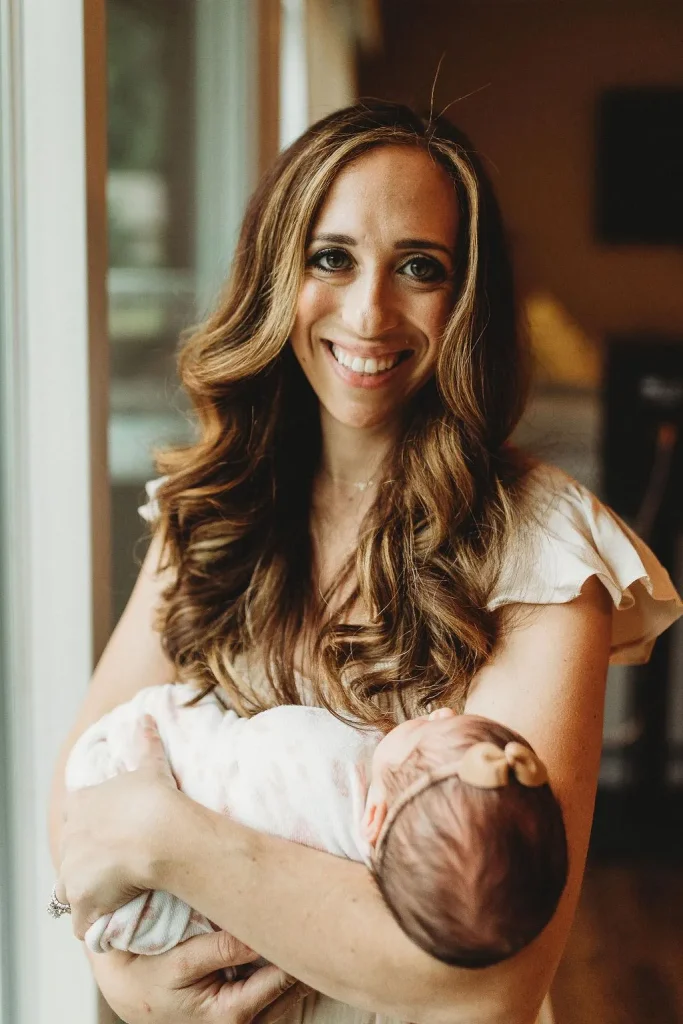
Gold Coast Doulas asked Jessie Jaskulsky to guest blog on the topic of Surrogacy since March is Surrogacy Awareness Month. Jessie is the mom of Lily and Luna. It is through her first-hand experience with surrogacy that she is passionate about simplifying the process for others. Having gone through this beautiful but wildly complicated process […]
Did you forget something?
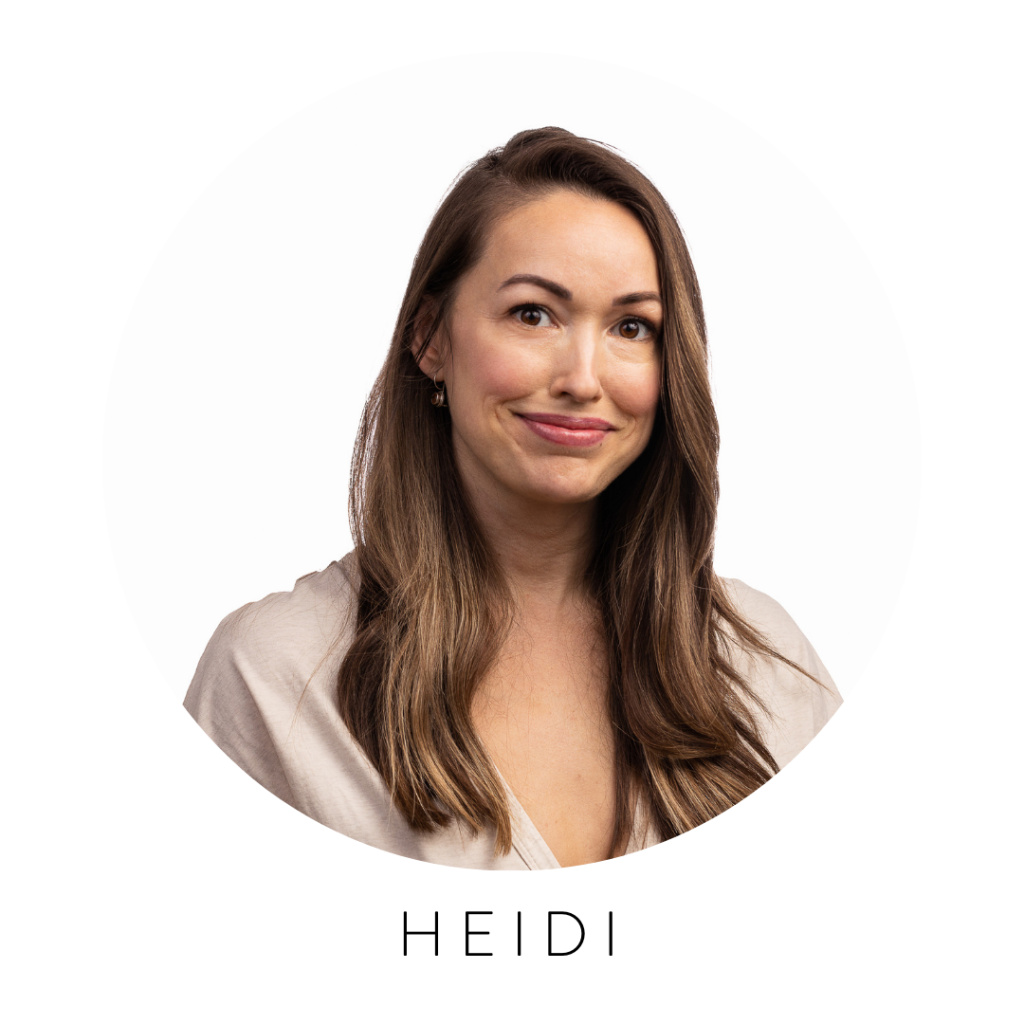
Gold Coast Doulas asked Heidi McDowell to guest blog on the topic of preparing your body for childbirth. Heidi is a yoga teacher at Mind, Body, Baby, a doula, a wife, and most importantly, a mama. Her goal is to create a community space for you that feels safe, supportive, and empowering. She holds certifications […]
2023 Reflections
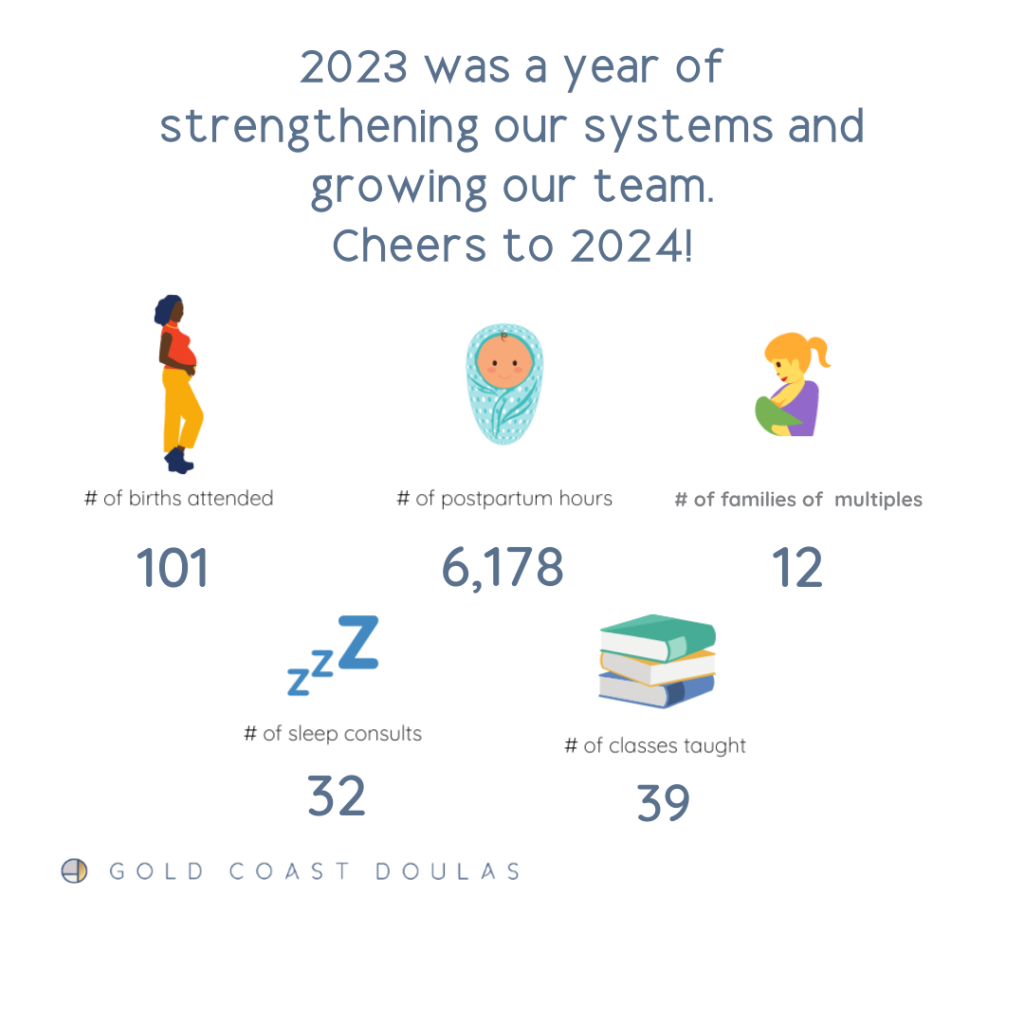
Our word of the year for 2023 was STRENGTHENED! We strengthened our relationships with the community, our clients, and our team of subcontracted doulas and educators. We focused on creating strong systems to better serve families in the community. Here are the Gold Coast stats for 2023: Number of group and private classes taught: 39 […]
Meet our new Postpartum and Infant Care Doula, Aubri
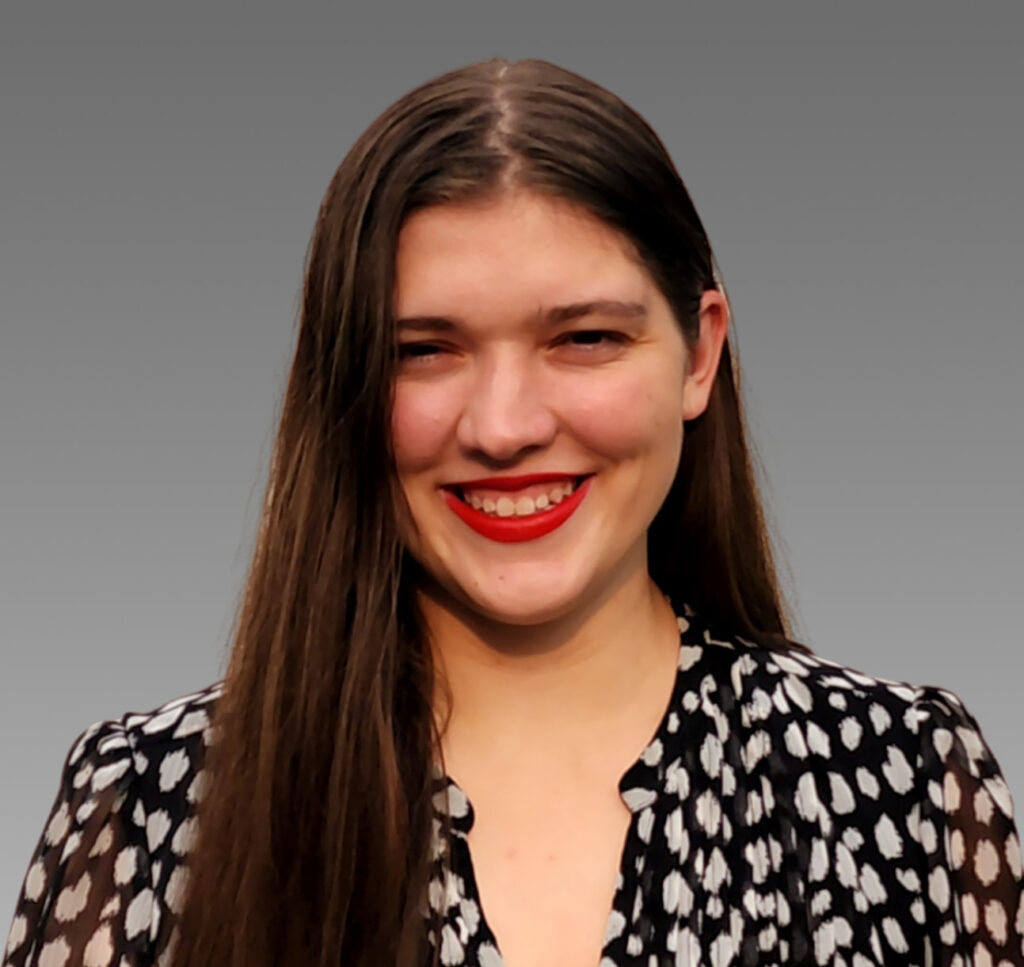
Meet our newest postpartum doula, Aubri. She resides in Grand Rapids. We love to share interesting facts about our team. What inspired you to become a doula? I ended up researching the profession after talking with Kristin Morter from the Gold Coast team. Kristin encouraged me to look into it, talked with me about her […]
How to Create a Low Emissions Nursery for Your Baby

If you are expecting a baby or have a newborn at home, you may be wondering how to create a safe and healthy environment for them. One of the aspects that you may not have considered is the level of emissions in your baby’s nursery. Emissions are the invisible waves of energy that are emitted […]
Meet our New Birth Doula, Annette!
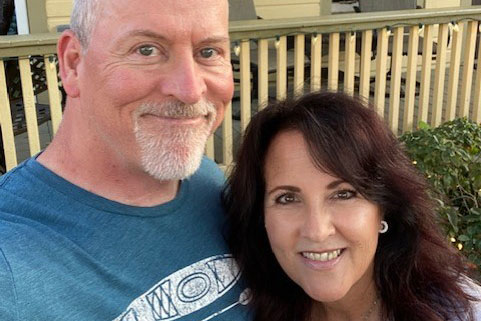
What did you do before you became a doula? I am an RN and have previous experience in many different clinical areas but of course my favorite was……Obstetrics! What inspired you to become a doula? I have always wanted to go back to my original love of Mother/Baby nursing but wasn’t sure hospital nursing would […]
